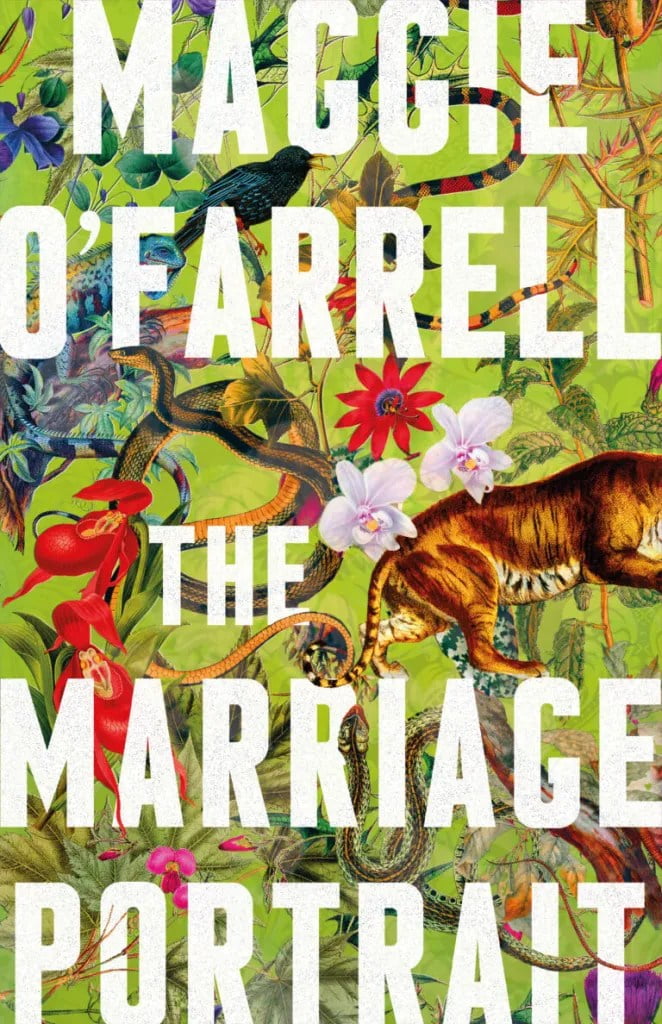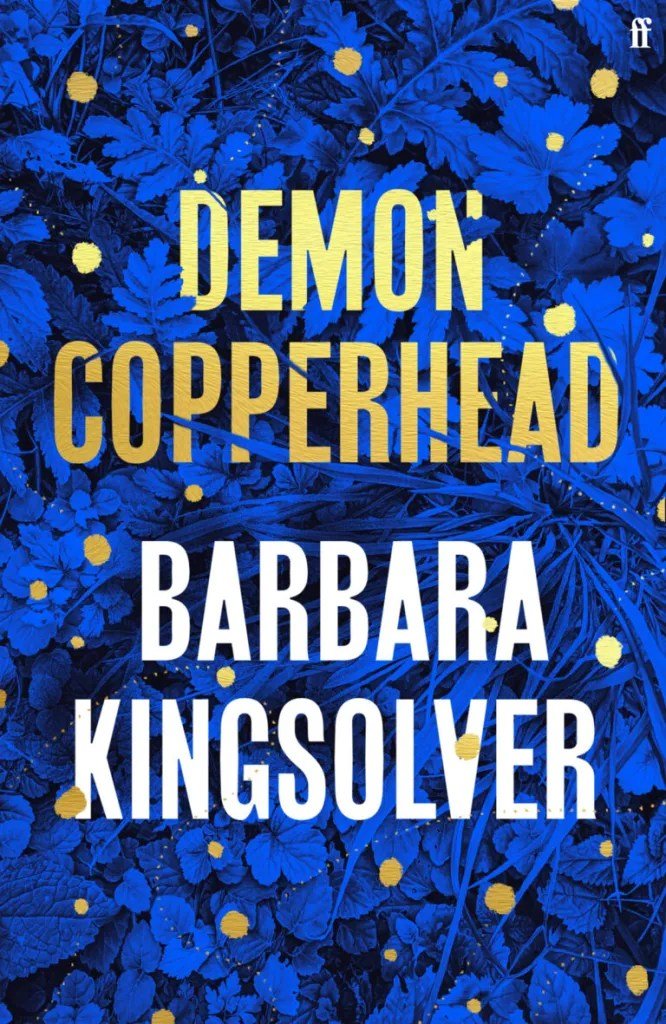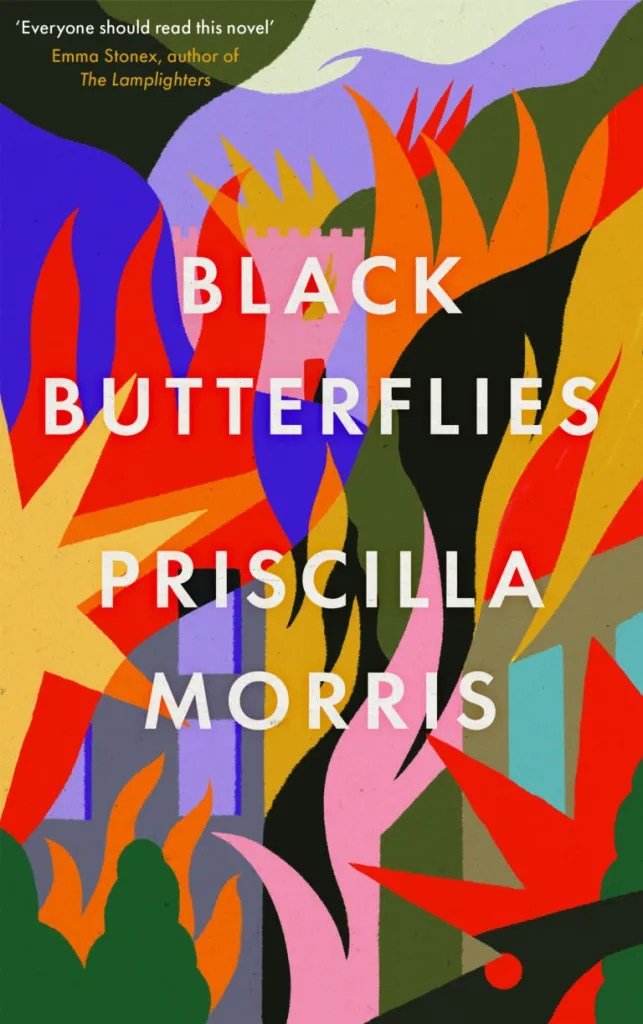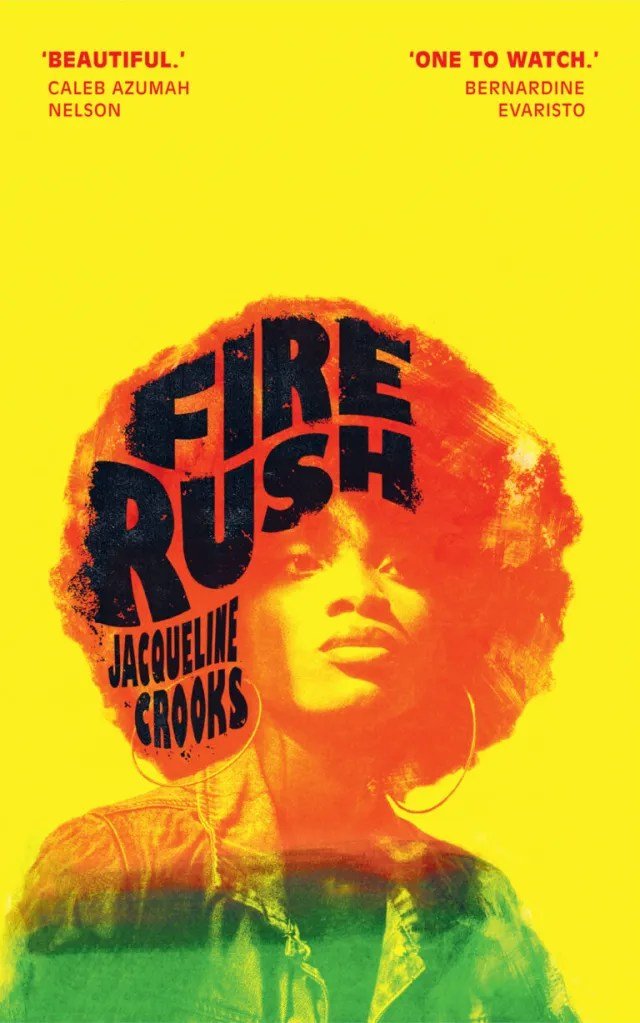



“I started with my home”, says Barbara Kingsolver to veteran author Kate Mosse, who spoke to the shortlisted authors of the Women’s Prize for Fiction ahead of the big announcement. The Pulitzer Prize-winning author Kingsolver spoke about how she began her novel, along with Costa Novel Award recipient Maggie O’Farrell, and debut writer Jacqueline Crooks, who all took part in the three-day event ahead of the reveal.
What is the Women’s Prize for Fiction?
The Women's Prize for Fiction is now a charity with the goal of honouring exceptional writing by women authors in English from around the world. For 28 years, they have been promoting outstanding novels by women and sharing them with readers of all genders. The event was made possible by sponsors like Baileys and Audible, as well as partners like bookshop.org. The prize itself is awarded annually to a female author of any nationality for the best original full-length novel written in English and published in the United Kingdom in the preceding year. The prize was founded in 1996 as the Orange Prize for Fiction, and was renamed the Baileys Women's Prize for Fiction in 2014. In 2017, the prize was rebranded as the Women's Prize for Fiction. The winner of the Women's Prize for Fiction receives a cheque for £30,000, anonymously endowed, and a limited edition bronze statuette known as the 'Bessie', created and donated by the artist Grizel Niven.
What the shortlisted authors said:
Barbara Kingsolver
The event was a unique and special occasion, marking the first of three nights dedicated to celebrating the shortlist for the prize. The Demon Copperhead author Kingsolver and Black Butterflies writer Priscilla Morris joined Mosse for the first night. Kingsolver discussed her Pulitzer Prize-winning novel and the themes it explores.
The novel delves into the idea of storytelling and who has the right to tell a story. Kingsolver, who is from the Appalachian region, aimed to represent her people with dignity, while also addressing the problems they face, particularly the opioid crisis. Kingsolver said: “People think of us as backward hillbillies. We’re accustomed to the condescension of the world. So it’s part of my job to represent my people with nuance, with respect.”
“it’s part of my job to represent my people with nuance, with respect.”
Barbara Kingsolver
She wanted to shed light on the exploitation faced by her region from big capital, including the pharmaceutical industry that targeted them with addictive painkillers, resulting in an epidemic and a generation of affected children. The author initially feared that her story wouldn’t be heard due to prejudices against rural and addicted individuals. According to the author, the region where she lived was extremely vulnerable to extremely addictive painkillers and “the consequence of that is an epidemic. We have a generation of kids here who’ve been orphaned, who are being raised by someone other than their parents because their parents are not functional or they are incarcerated or they’re dead. I wanted to tell that story.”
She spent three years trying to figure out how to tell the story, ultimately deciding to write it as a novel to touch readers’ hearts and personalise the issues. Fiction, she believes, allows readers to empathise and immerse themselves in the lives of the characters in ways that nonfiction cannot. Kingsolver mentioned a remarkable ‘conversation’ she had with Charles Dickens in his house, which played a role in shaping her approach to writing the novel.
She recounted a remarkable experience she had while in the UK on a book tour. Exhausted and uncertain about their next project, the American writer decided to spend a weekend at Bleak House, the former home of Charles Dickens in Broadstairs. The house was authentically decorated and filled with Dickens memorabilia, creating an immersive atmosphere. While exploring the house, the speaker found themselves in Dickens’s study, overlooking the ocean, surrounded by his belongings and manuscripts of “David Copperfield.” She felt a connection with Dickens and sensed his anger and outrage over the mistreatment of children in Victorian society. In that moment, she says she heard Dickens encouraging them to tell the story and let the child narrate it, despite potential offense or criticism.
Read more: Barbara Kingsolver books: author has moment in sun with incredible awards run
Kingsolver discusses the process of creating the characters in the novel, including the fact that Dickens also provided inspiration for the ensemble of characters in their book. From the protagonist’s mother, next-door neighbour, to the lover, and sister. Through this, she highlighted the importance of community in Appalachian culture. She emphasised how people in their culture function as communities, with individuals like nurturing neighbours, caretakers, and coaches stepping in to support those in need. “Charles Dickens gave me every one of those characters you mentioned”, she said, adding “it worked so beautifully for me to take this ensemble, because something that I really wanted to show about my culture, about Appalachian culture, was that we are people made of community.” Kingsolver also conducted research to learn more about topics such as the foster care system, social services, and addiction, in order to provide authenticity to the narrative.
Through her research, she discovered the shocking reality that the foster care system is a for-profit business, and the social welfare networks are understaffed and stressed. She aimed to shed light on these issues and invite readers to care about them while also providing entertainment and emotional moments in the novel.
Priscilla Morris
Mosse also spoke to Morris, about her debut novel “Black butterflies.” Morris shares that her book explores the siege of Sarajevo and the protagonist’s Cornish and Serbian background. The novel was published in May, coinciding with the 30th anniversary of the conflict. Although the original plan was for Juliet Stevenson to do the reading, Morris graciously offered to read a passage from “Black butterflies.” The scene takes place about halfway through the novel, during the war in Sarajevo, where the protagonist, Zora, an artist, learns about the Old Town Hall being on fire through television.
The author of “Black Butterflies” witnessed her mother using art as a means to emotionally express herself during the war. This inspired her interest in exploring the relationship between art and war in her novel. Zora’s paintings reflect the changing circumstances of the war, using materials from her surroundings when traditional art supplies run out.
In a conversation about “Demon Copperhead,” Kingsolver added the process of becoming an artist and how art is a way of processing experiences. The protagonist follows a similar trajectory as David Copperfield, ultimately becoming a successful novelist. The author reflects on the personal journey of becoming an artist and how it differs from romanticised portrayals. The conversation highlights the significance of art in expressing and dealing with traumatic experiences, as well as the creative choices made by the authors in shaping their novels.
Maggie O’Farrell
On the following day, Maggie O’Farrell also explained the idea for her current novel, “Marriage Portrait,” which came unexpectedly after finishing their previous book. She was inspired by a poem by Robert Browning called “My Last Duchess” and discovered the subject of their novel, Lucretia de Medici, through research. She described seeing a portrait of Lucretia and feeling an instant connection to her story, which led them to write the novel from her perspective.
The author discussed the challenge of writing about a real historical figure and the responsibility to stay true to the known facts. However, O’Farrell also see the gaps in Lucretia’s biography as opportunities for imagination and storytelling. She said: “There isn’t an awful lot about her. There’s actually very little. I mean, obviously, she had such a short life. She was only 16 when she died, possibly at the hand of her husband, possibly not. So I did try to stick to the very scant facts about her that I knew.
“if you are going to write a novel about somebody who was real, even if it’s half a millennia ago that they lived, you have to be really respectful of that”
Maggie O’Farrell
“I do feel, actually, that if you are going to write a novel about somebody who was real, even if it’s half a millennia ago that they lived, you have to be really respectful of that,” she added. O’Farrell explained that although Lucretia was born into wealth and privilege as a Medici, her choices in life were limited. The author aimed to stick closely to the known facts while filling in the gaps with narrative.
O’Farrell then reflected on how becoming a mother changed them, however, dismissing the idea of basing the protagonist on her daughters, highlighting the distinction between imagination and memoir in fiction. The conversation concludes with a question from a reader about the author’s inspiration for writing about historical protagonists. In the end she explains that she is often drawn to people who have been overlooked or marginalised in history and finds intrigue in their stories.
Jacqueline Crooks
Jacqueline Crooks is the author of Fire Rush, a novel which The Telegraph has said, “tackles race riots, grief, youth culture and the transcendence of dub music.” The story is about the quest of a woman within the male-dominated dub-reggae underworld in the 1980s to use supra-watt dub music power to find sites of safety for her mind and body.
Crooks shares that the writing process has helped them reconnect with old friends and gain a better understanding of human behaviour and societal structures. She also mentions the importance of exploring the impact of historical events on present relationships. The conversation touches on the ongoing relevance of the novel’s themes, with the author emphasising the need to protect and advocate for positive change. Crooks talks about writing the book with the backdrop of George Floyd’s murder in 2020. She said: “To feel that a lot of things have not changed was quite shocking. I was pulled up short, but then I thought, this is why the book is quite important, because it will say, look where we were and where we are now. It’s kind of a measuring tool. And also history is a pendulum.”
Read more: Women’s Prize for Fiction 2023 shortlist announced: big names and debuts
The importance of research is highlighted, particularly regarding historical accuracy and technical aspects of dub reggae. Overall, the conversation sheds light on the novel’s themes, the author’s personal journey during the writing process, and the significance of its historical and cultural context.
The authors’ discussions on their shortlisted works highlights exactly why they have been picked for the Women’s Prize for Fiction, from tackling the opioid crisis, showcasing important moments in history, to giving invisible people a voice again. The winner of the prize will be announced on Wednesday 14th June 2023.
[…] Watch Barbara Kingsolver speak about her novel as part of the Women’s Prize for Fiction event […]
[…] Watch the shortlisted authors speak about their novels as part of the Women’s Prize for Fiction even… […]
[…] is a novel about a young boy who overcomes adversity to find his voice and his place in the world. Check out her live talk as part of the Women’s Prize for Fiction, which she won this […]
[…] Read: Women’s Prize for Fiction authors on storytelling in their shortlisted novels […]